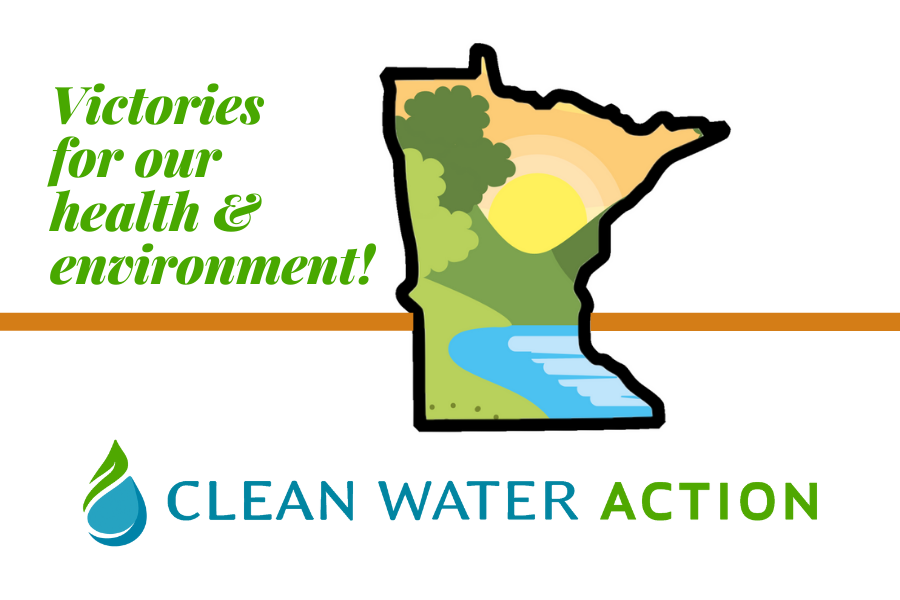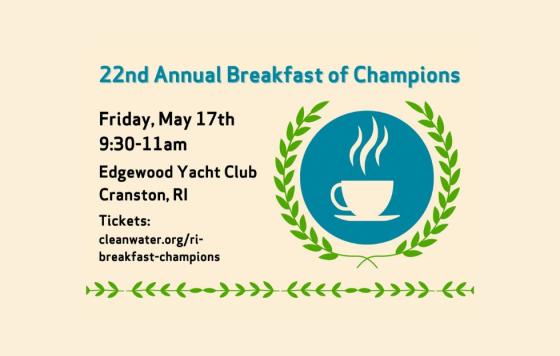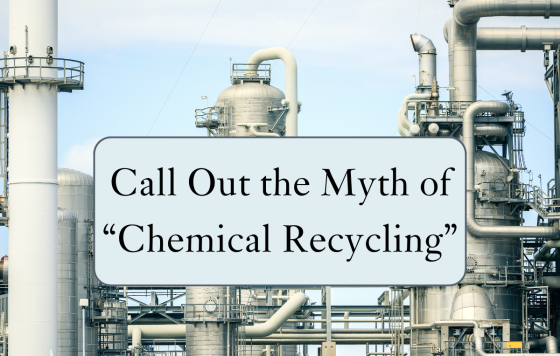
The Minnesota legislative special session is concluded - and we're happy to announce several victories!
First and foremost: Minnesota will now join a number of other states in banning PFAS in food packaging starting in 2024! PFAS are “forever chemicals” that do not break down in the environment and carry with them health risks like cancer and decreased immune response when people are exposed. We have been working to address the many sources of PFAS contamination and to our environment once PFAS containing packaging is thrown away. We appreciate the work of the original bill sponsors Rep. Ami Wazlawik and Senator Karla Bigham to keep this bill moving!
We also won another public health victory: the legislature acted to protect more Minnesota children from lead by lowering the blood lead level required for action to be taken and by expanding where lead assessments can be completed when a child tests positive for lead exposure. The measure also increases the ages eligible for testing and protective measures to 18 to ensure that all of Minnesota’s children have a chance to benefit from support services if they are exposed to lead.
Potentially harmful provisions we opposed were stopped from entering the final budget agreement as well. A proposed overturning of Minnesota’s nuclear moratorium did not pass. Nuclear power is not the solution to a clean energy future, and we are thankful that Minnesotans will not be living under the threat of the possibility of new nuclear power plants.
Another measure that failed would have allowed for the incineration of plastics to be considered recycling in Minnesota (known by the brazenly misleading term “advance recycling”). Anyone who has ever attended one of our Healthy Home Presentations (and if you haven’t, you should!) knows that even heating up plastic in the microwave can expose us to harmful chemicals. Imagine the potential impact of large-scale incineration of plastics - what a terrible idea.
Both the Regular and Special Sessions this year were difficult in many ways. The virtual nature of the session severely limited access to the legislator and staff, and the committee process proved to be difficult to navigate. However, grassroots pressure, determined lobbying, and innovative organizing along with strong leadership from our legislative champions got the job done.
As we take a minute to stop and celebrate the progress we have made, we are thankful for every one of our members who made a call, sent an email, took action and encouraged others to do the same, and supported our work. You truly made the difference. Your support allows us to hold politicians accountable, stand up against polluters, fight dangerous proposals, and advocate for laws to protect clean water now and for future generations without any conflict of interest. Make a special contribution today to help us continue to work on your behalf - to secure important protective policies and defend against measures that would result in contamination to the environment and our families.
By speaking out together, our voices were heard.



